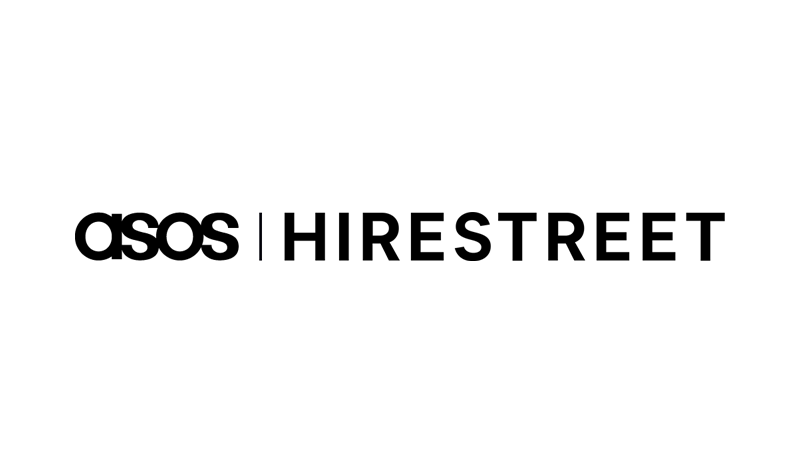The retail industry has expressed disappointment following the chancellor’s Autumn Budget announcement on Wednesday.
In particular, the sector has raised concerns about a more than £2.3 billion hike to employer National Insurance Contributions, a £367 million rise to the National Living Wage, and an increase of £140 million to business rates, which are all set to come into effect from April next year.
The chief executive of the British Retail Consortium (BRC) has warned that the new costs risk increasing the prices customers pay at the till, describing the rise in National Insurance contributions as another case of “piling taxes on an already overburdened industry”.
These costs are in addition to upcoming regulatory costs, as well as an estimated £300-800 million expected from the implementation of the Employment Rights Bill.
“Retail employs three million people and 2.7 million more across supply chains, driving investment in jobs, communities and, ultimately, economic growth, right across the country,” said Helen Dickinson, chief executive of the BRC. “For a low margin industry, today's Budget will hit hard, with the odds now stacked firmly against growth and investment in the short term.”
The founder of online marketplace Onbuy Cas Paton said that the budget looks to pose "debilitating challenges" to the UK's business landscape.
“It is a mistake to assume that employees won’t feel the impact of a rise in employer National Insurance contributions," said Paton. "Pay rises will go on hold, new jobs won’t be created, some will suffer pay cuts and others will lose their jobs."
While Dickinson welcomed plans for improvements to the business rates system, she criticised a lack of clarity on the details and the fact that these will not come into force until 2026.
“We welcome the recognition that retail, along with hospitality businesses, should pay lower rates,” continued the chief executive. “But with the detail still to be worked through, it is unclear whether this will address an imbalance which sees retail, as five per cent of the economy, pay 21 per cent of the total business rates bill.
“In order to stimulate investment, it is vital these changes reduce the overall costs on the industry, rather than simply shifting the burden from one part to another.”
Ultimately the organisation feels that there remain “unanswered questions” about the new charges and discounts, warning that charging more to businesses with higher rateable values may punish not only distribution hubs, but also larger stores, which play a key role in attracting footfall to High Streets and town centres.
The British Independent Retailers Association (BIRA) went as far as to condemn the Budget as the “most damaging for independent retailers in recent memory”, with a triple blow of doubled business rates, increased National Insurance, and higher minimum wage costs threatening widespread high street closures.
"This is without doubt the worst Budget for independent retailers I have seen in my time representing the sector,” said Andrew Goodacre, chief executive, BIRA. “The government's actions today show complete disregard for the thousands of hard-working shop owners who form the backbone of our High Streets.”
But Susannah Streeter, head of money and markets at Hargreaves Lansdown said that Labour's tweak to income tax thresholds - which will see fewer people drifting into higher tax bands by 2029 - alongside the rise in the minimum wage will "eventually put more money into consumers' pockets".
"The retailers Ocado and Sainsbury’s and the value chain B&M have all gained ground amid hopes for higher spending ahead," continued Streeter. "Pub chains Mitchells and Butlers and J D Wetherspoon were also buoyed amid hopes for higher spending from punters, and the announced cut in beer duty."
One announcement that was embraced by the retail industry was the chancellor's firm stance on shoplifting, with Rachel Reeves announcing extra funding for the growing problem
“This is on top of the scrapping of the low-level shoplifting threshold, which has resulted in many police forces ignoring smaller crimes,” said the BRC's Helen Dickinson. “Working closely with the police and Government, retailers are determined to tackle retail crime – from shoplifting, to violence against retail workers.”
Latest News
-
Tesco makes ‘significant strides’ on safety through body worn cameras
-
Flying Tiger Copenhagen appoints new group chief executive
-
Walgreens cuts over 600 jobs after buyout
-
Mango opens first store in Limerick as part of expansion plan
-
eBay and Etsy to buy Depop for $1.2bn
-
REWE opens automated fresh food facility to serve Berlin outlets
Beyond Channels: Redefining retail with Unified Commerce
This Retail Systems fireside chat with Nikki Baird, Vice President, Strategy & Product at Aptos will explore how unified commerce strategies enable retailers to tear down these barriers and unlock new levels of operational agility and customer satisfaction.
The future of self-checkout: Building a system that works for consumers and retailers
In this webinar, industry leaders discussed what the future of self-checkout looks like and how retailers can make the technology work for everyone.
© 2024 Perspective Publishing Privacy & Cookies










Recent Stories